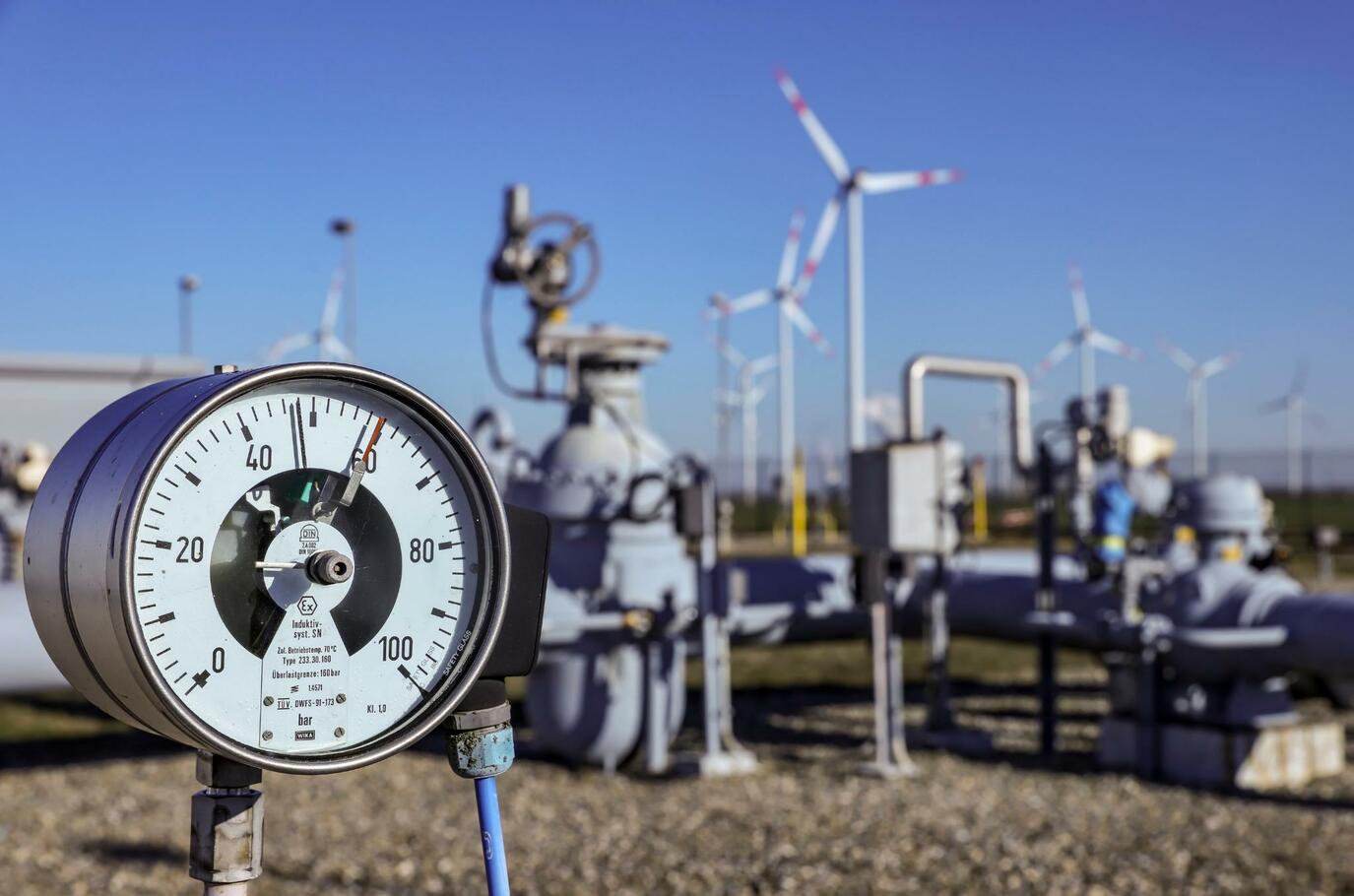Germany could still 2022 become independent of Russian gas

It is the next contribution to the debate over an embargo on Russian gas: the German Institute for Economic Research (DIW) believes that it is possible that Germany will still be 2022 independent of supplies from Moscow. If energy saving potentials are used to the maximum and supplies from other natural gas suppliers are expanded as far as technically possible, the German supply of natural gas will be secured even without Russian imports in the current year and in the coming winter 2022/23", the economists conclude.
In fact, they do not come up with innovative solutions, but have exhausted both the savings and deliveries from elsewhere as much as possible in their calculations. The construction of LNG import terminals on the coast does not even make sense due to the long construction times and the sharp decline in natural gas demand in the medium term.
Instead, natural gas imports from countries such as Norway or the Netherlands should be significantly expanded. Imports from Norway could therefore replace around one fifth of Russian imports to date. Feed-in from existing LNG terminals in the Netherlands (Rotterdam), Belgium (Zeebrugge) and France (Dunkerque) could replace a quarter of Russian supplies.
Produce electricity without natural gas
In addition, the storage for the upcoming heating period must be filled up to 80 to 90 percent. However, DIW acknowledges that the additional supply is not sufficient to replace all Russian natural gas imports to date. The researchers therefore recommend the complete replacement of natural gas in electricity generation – a step that, according to the study, would render nearly half of Russian supplies superfluous.
For private households, DIW proposes energy saving campaigns and faster refurbishment. But the biggest problem remains the industry. While natural gas in the electricity sector can be replaced by alternative energy sources in the short term, the savings in industry go hand in hand with a decline in production," the experts concede.
Critics warn of the consequences
What sounds easy on paper, however, is likely to have far-reaching consequences. That would be the end of raw material production in Germany," said Michael Hüther, Director of the Institute of German Economy Cologne (IW) I should like to say to the Tagesspiegel at the end of March that two to four million jobs would be affected by such a measure. Hüther fears that the temporarily closed factories would migrate. This "simply no longer pays off at the location in Germany. They can never compensate for this with subsidies."
Federal Minister for Economic Affairs Robert Habeck also assumes that Germany will need until mid 2024 to become independent of Russian gas. He warns of social upheavals should the industry, so that the labour market and thus the entire prosperity of the country be hit too hard by the measures.
The chemical group BASF, for example, warns against the fact that products such as varnishes, mattresses, computer chips or toothpaste tubes could no longer be produced due to the lack of basic materials. However, the Group estimates that the majority can still be supplied with a good two-thirds of the usual amount of gas, as reported by "Zeit", but it is doubtful whether the DIW bill would work with savings of only one-third for industry.(徳囯ASK电容器)
